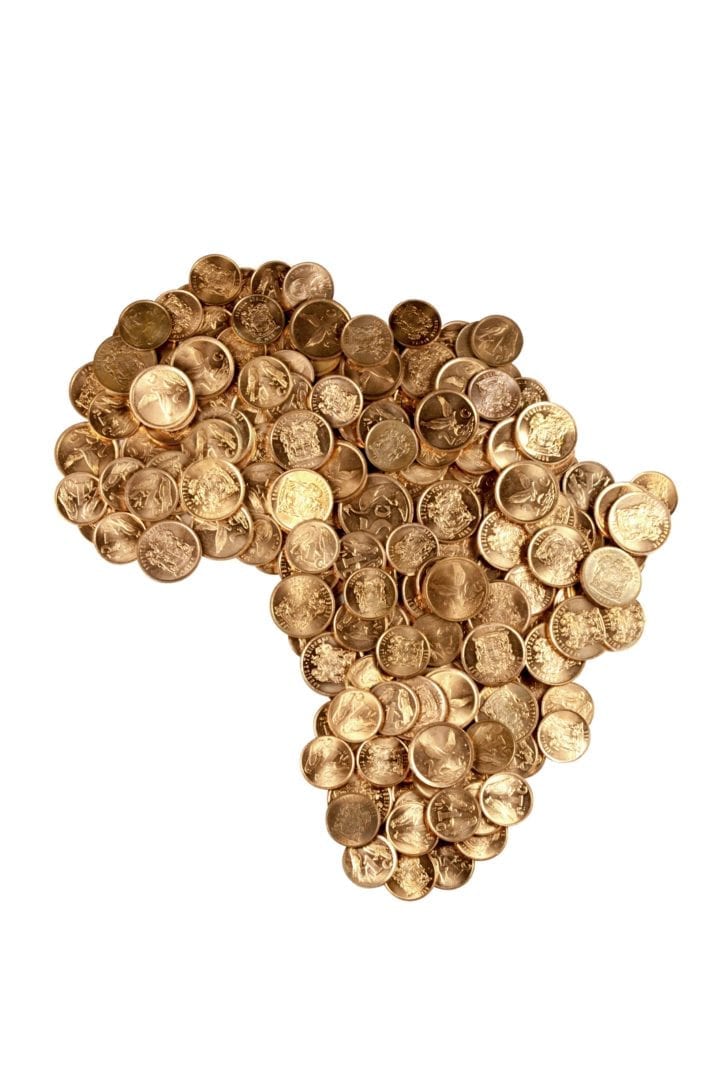Izuwah said that while PPPs were important in boosting the number of infrastructure projects, it was also important to have a deep knowledge of target market investors and local dynamics when looking to enter into these kinds of partnerships.
By Rianté Naidoo
A lot is happening in Africa’s rail space as the continent is very resource rich, Chidi Izuwah told delegates at the Africa Rail Conference in Johannesburg on Wednesday.
Izuwah is a registered engineer with the Nigerian Society of Engineers and chairman of the Infrastructure and Public Private Partnership (PPP) Committee. In his address, he focused on one of Africa’s biggest issues – its infrastructure funding deficit.
He identified PPPs as a key to funding infrastructure projects and said it was important to understand and nurture the idea that increased private sector investment in infrastructure is the best way to achieve intensive job creation and incentivise funding.
He also said effective PPP units need to be built to support these partnerships and added that an integrated infrastructure plan should be implemented in order to have a clear focus on how to prioritise projects in the pipeline.
Speaking on projects, Izuwah said Africa needed to increase the pace and scale of its project rollout. “The problem is not resources, but resourcefulness,” he said. “We need to look at how to better apply the skills we have and alternative ways to attract investment.”
Facilitating the discussion was Howard Rosen, chairman of the Rail Networking Group in Switzerland. He said that while there are needs and demands for new infrastructure, the capabilities are also here. “We know what we want to do, but how do we find the resources?” he asked.








